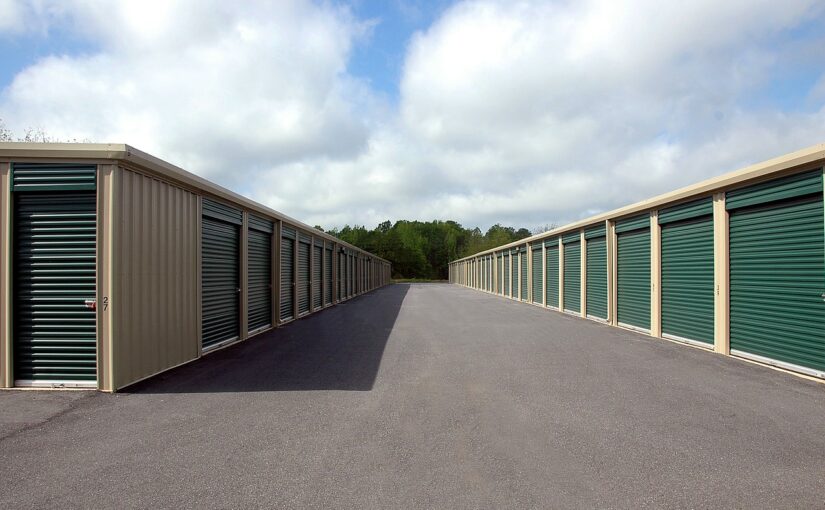Storing your belongings sounds simple enough: Place items in boxes and move those boxes into a storage area, whether that be a basement, a garage, an attic or a storage facility. However, simply tossing your items into a storage space doesn’t guarantee that they won’t get lost or broken down the road. Staying organized and properly preparing your belongings for storage can make a major impact on how they’re maintained.
The following are several common storage mistakes you should avoid to keep your possessions in top condition while stored.
Choosing the Wrong Storage Unit
Storage units come in a variety of shapes and sizes. They also come with or without certain luxuries such as climate control, 24/7 security, exterior door access and more. Do your research and choose a climate-controlled storage unit to ensure your items won’t be damaged due to excessive heat, cold or moisture.
The location of your storage unit is also important. Choosing a storage unit in a convenient location means you can access your items more often and with ease.
Not Keeping Record
Putting your items in storage can be a stressful time. You could be moving, downsizing or experiencing a variety of other life changes. However, skipping certain organizational steps could result in serious headaches down the road.
Moving experts suggest making a list of everything you’ll be storing and where it is located within the storage unit. Clearly label all boxes with descriptions of what’s inside, then store them strategically.
Place the boxes you’re least likely to need in the back of the storage unit. Keep items you may need more access to toward the front of the unit. Don’t forget to leave yourself a walking path, so you can access any box in the unit when needed.
Damaging Items
Unfortunately, it’s common for items to get damaged in the moving and storage processes when people choose to pack and move themselves. Hiring a moving company, however, can help reduce some of the stress associated with moving and storing your possessions. Professional movers are experts at packing and moving items safely. They also offer insurance options that can compensate for damaged or lost items.
Using Your Own Packing Supplies
Another way that many people end up damaging their items is by using the wrong packing supplies. It’s easy to think you’ll be saving money by using packing supplies you find around the house, such as old boxes, newspapers, magazines and more. However, quality packing supplies can make a major difference in keeping your belongings safe.
Purchase new boxes in multiple sizes, packing paper, packing tape and bubble wrap. You may want to buy several boxes with inserts if you have a lot of glassware or other fragile kitchen items. Furniture blankets can help keep your items safe throughout the moving process, and they can protect your valuable furniture from damage while in storage.
Packing items properly is an integral part of the storage process. After all, you’re storing these items because they have value to you, and you want to use them in the future. Don’t let them get damaged just because you failed to purchase quality packing supplies.
Failing to Hire a Moving Company
A moving company could make the difference between a stress-free storage experience and one that causes major frustration. Moving companies offer services far beyond moving your items from Point A to Point B. They can securely pack your items with professional packing supplies and load and unload them safely.
It’s easy to make mistakes when you’re stressed about moving or storing your belongings. The expertise of a moving company can provide the peace-of-mind you need during this time of transition. Avoid the common storage mistakes above by hiring a moving company to help with your storage needs.
AUTHOR BIO: Cate Riley is Content Strategist Writer at Moving of America. Riley is a journalist and writer for other blogs and YouTube channels. She has adventured throughout the United States looking for the latest scoops in the moving industry.







